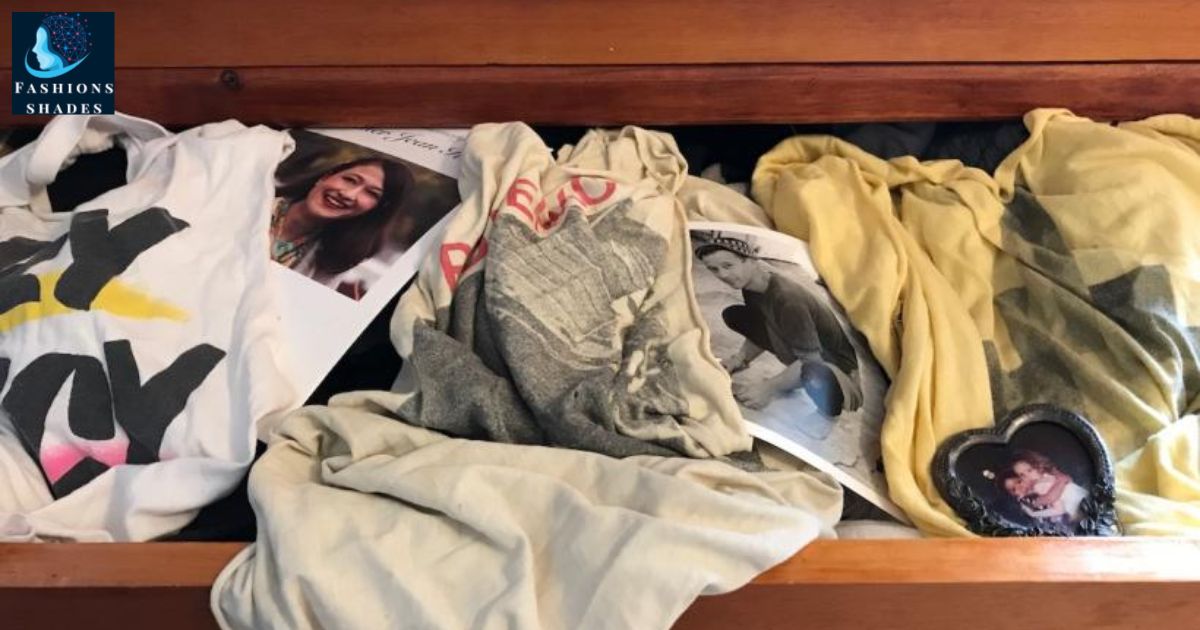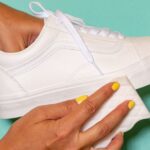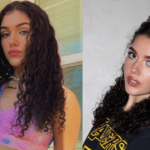Supernatural-inspired clothing raises ethical questions. TV shows like Dead Boy Detectives influence fashion. Some designers explore macabre themes controversially. Consumers weigh style against moral concerns.
Innovative materials replace traditional “dead” options. Sustainable fabrics mimic leather and fur convincingly. Eco-conscious brands cater to ethical shoppers. Fashion industry adapts to changing consumer values.
Ethical Fashion Choices Beyond Dead Materials
Plant-based leather alternatives gain rapid popularity. Pineapple, cactus, and apple fibers replace animal leather. These materials offer comparable durability and style.
Recycled plastics become high-performance athletic wear. Ocean waste transforms into fashionable accessories. Innovative textiles reduce the industry’s environmental impact.CopyRet
The Rise of Vegan Clothing Options
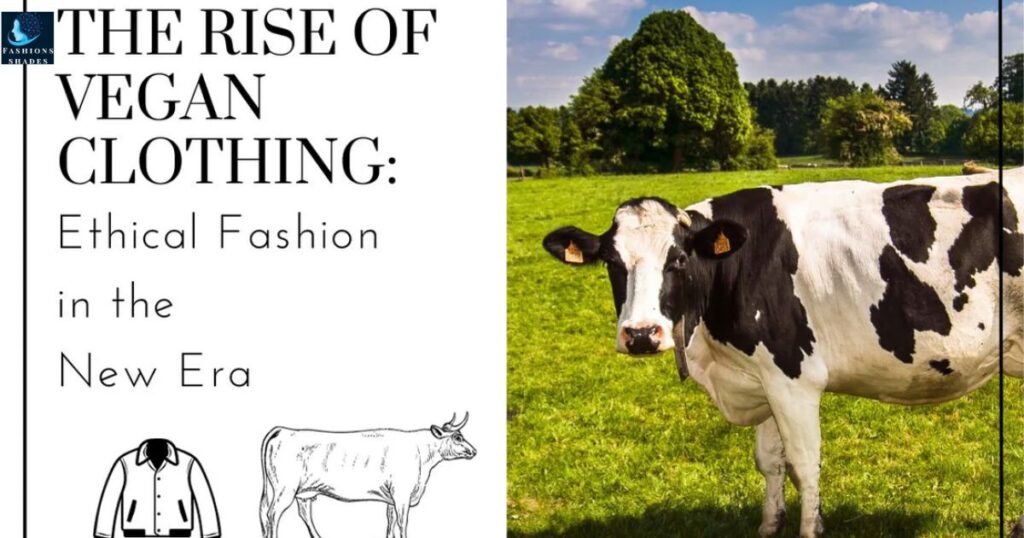
Vegan fashion explodes in popularity globally. Consumers reject animal-derived materials vigorously. Designers innovate with plant-based alternatives. Cork, pineapple, and apple become fashionable. These materials mimic leather’s qualities excellently. Durability and style aren’t compromised anymore.
Vegan wool gains significant market traction. It’s made from recycled plastic bottles. This offers warmth without animal exploitation. Bamboo fabrics provide silky smooth textures. Cotton alternatives like hemp also flourish. Brands enthusiastically embrace these sustainable options.
Cruelty-Free Fashion: A Growing Trend
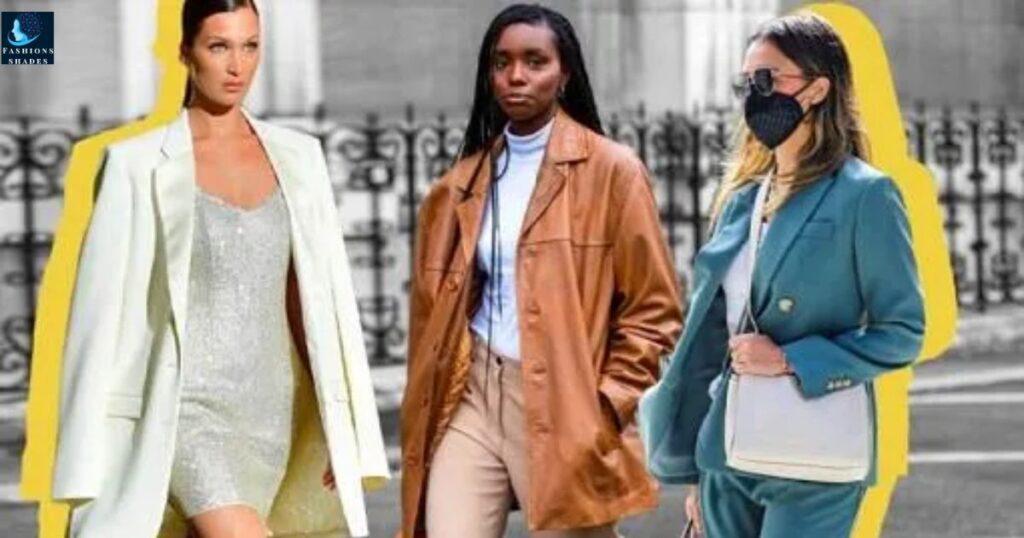
Ethical fashion dominates major runway shows. Designers proudly showcase cruelty-free collections. Luxury brands abandon fur use entirely. Vegan leather bags become status symbols. Consumers demand transparency in production processes. They reject brands exploiting animals ruthlessly.
Social media amplifies ethical fashion messages. Influencers promote cruelty-free brands enthusiastically. Young consumers eagerly follow these trends. Ethical fashion enters the mainstream market. It’s no longer a niche segment. Mass-market retailers now offer vegan options.
Environmental Impact of Traditional Leather
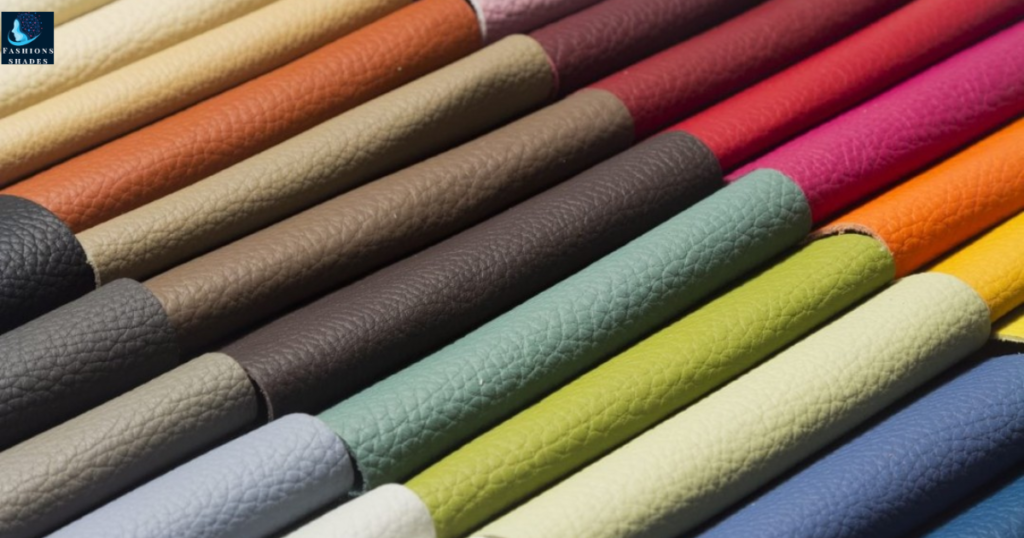
Leather production harms the environment severely. It requires extensive water use daily. Tanning processes release toxic chemicals regularly. These pollute nearby water sources continually. Wildlife suffers from contaminated local habitats. Ecosystems struggle to maintain natural balance.
Carbon emissions from leather are significant. Cattle farming contributes to rapid deforestation. This releases stored carbon dioxide quickly. The industry’s carbon footprint grows exponentially. Climate change accelerates as a result. Sustainable alternatives become increasingly necessary globally.
Innovative Textiles: The Future of Apparel
Lab-grown fabrics revolutionize the fashion industry. Scientists develop groundbreaking materials almost daily. Mushroom leather gains significant market traction. It performs like traditional animal leather. Algae-based fabrics offer unique beneficial properties. They effectively absorb carbon dioxide too.
Recycled ocean plastics become increasingly fashionable. Brands proudly showcase these innovative materials. Consumers appreciate the eco-friendly approach taken. Fashion and sustainability merge almost seamlessly. Innovative textiles reduce overall environmental impact. They often offer superior performance too.
Fashion’s Ethical Dilemma: To Wear or Not
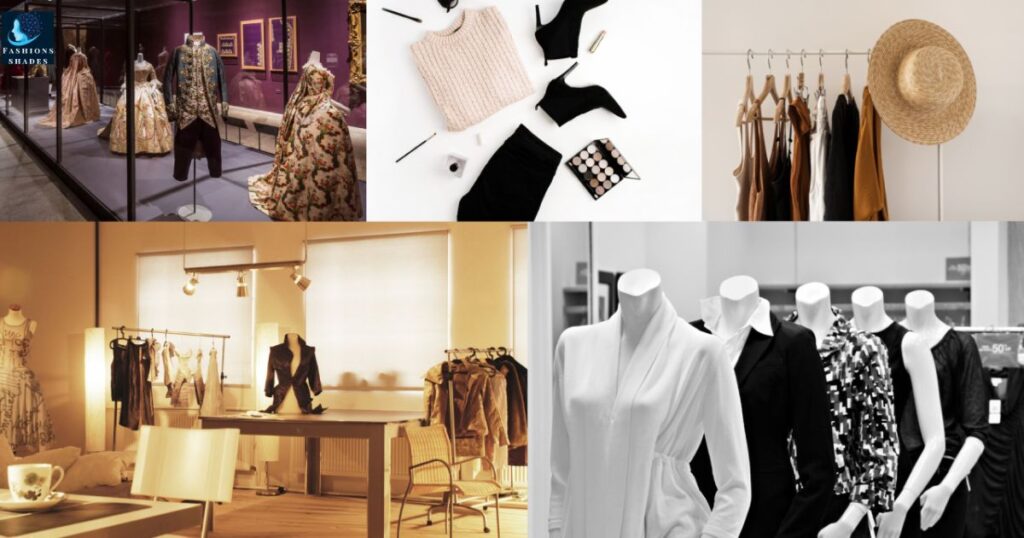
Consumers face difficult choices almost daily. They carefully weigh style against ethics. Personal values strongly influence purchasing decisions. Some struggle with their existing wardrobes. Others wholeheartedly embrace rapid ethical change. Education plays a crucial transformative role.
People learn about complex production processes. They understand the impact of choices. This knowledge shapes their purchasing decisions. Ethical fashion becomes a conscious lifestyle. Consumers demand better practices from brands. They vote decisively with their wallets.
Read This Blog: Garage Clothing: Exploring Size Range and Inclusivity
The Psychology Behind Clothing Choices
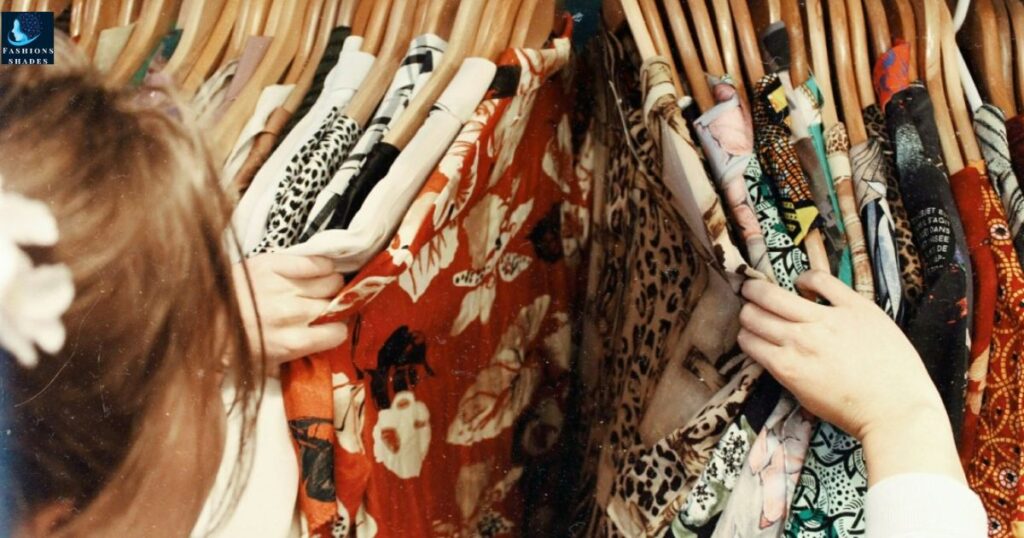
Clothing powerfully reflects personal identity daily. It clearly communicates values and beliefs. Choosing ethical fashion makes strong statements. It shows genuine environmental consciousness actively. Social responsibility becomes increasingly fashionable today. Consumers feel empowered by their choices.
Peer influence significantly affects clothing choices. Social circles actively shape individual preferences. Ethical fashion creates supportive like-minded communities. Individuals connect through shared ethical values. They enthusiastically share tips and recommendations. This reinforces and spreads ethical choices.
From Farm to Closet: Tracing Clothing Origins
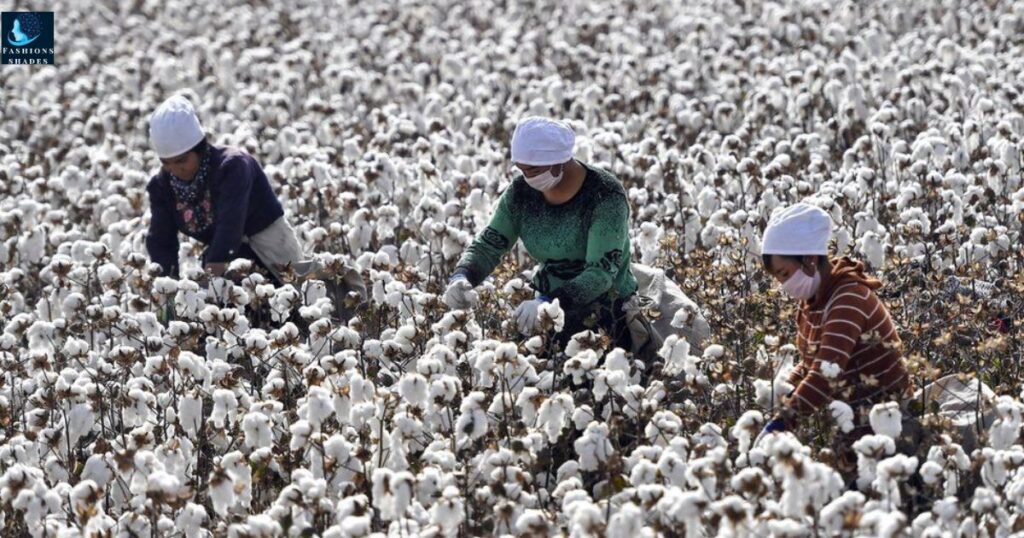
Blockchain technology ensures complete supply transparency. Consumers easily trace individual garment journeys. QR codes reveal detailed production information. Brands proudly showcase their ethical sourcing. Consumers make truly informed purchasing decisions. They actively support brands aligning values.
Regenerative farming practices gain significant popularity. Brands invest heavily in sustainable agriculture. This dramatically improves overall soil health. Carbon sequestration becomes a major focus. Clothing production becomes increasingly carbon neutral. Consumers greatly appreciate these extra efforts.
Celebrity Influence on Ethical Fashion Trends
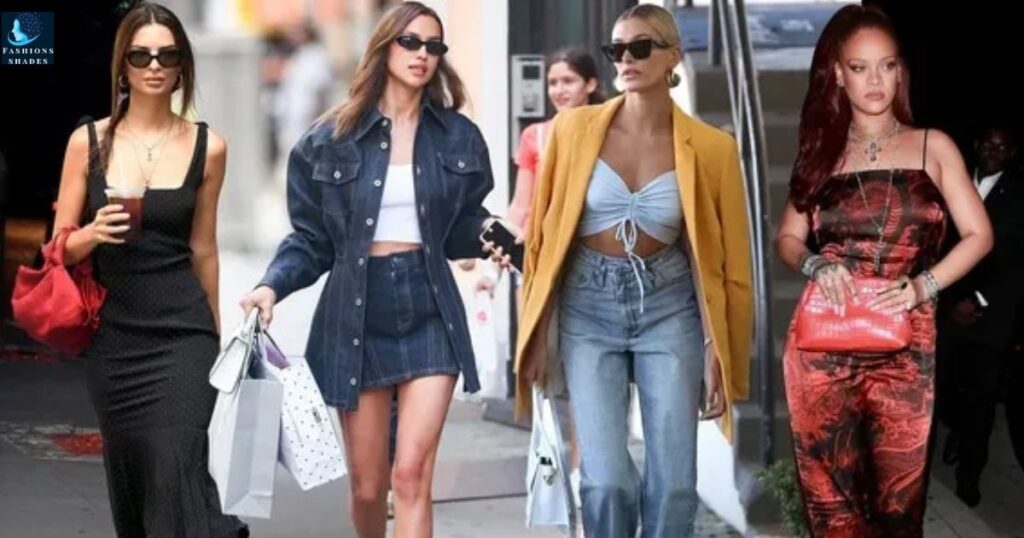
A-list celebrities passionately champion ethical fashion. They frequently launch cruelty-free clothing lines. Red carpet events showcase ethical alternatives. Their choices influence millions of followers. Ethical fashion gains substantial mainstream attention. It quickly becomes aspirational and desirable.
Collaborations drive rapid industry-wide positive change. Celebrities enthusiastically partner with ethical brands. Limited edition ethical collections sell out. This convincingly proves ethical fashion’s market viability. More celebrities eagerly join the movement. The entire industry shifts direction rapidly.
The Economic Impact of Ethical Clothing
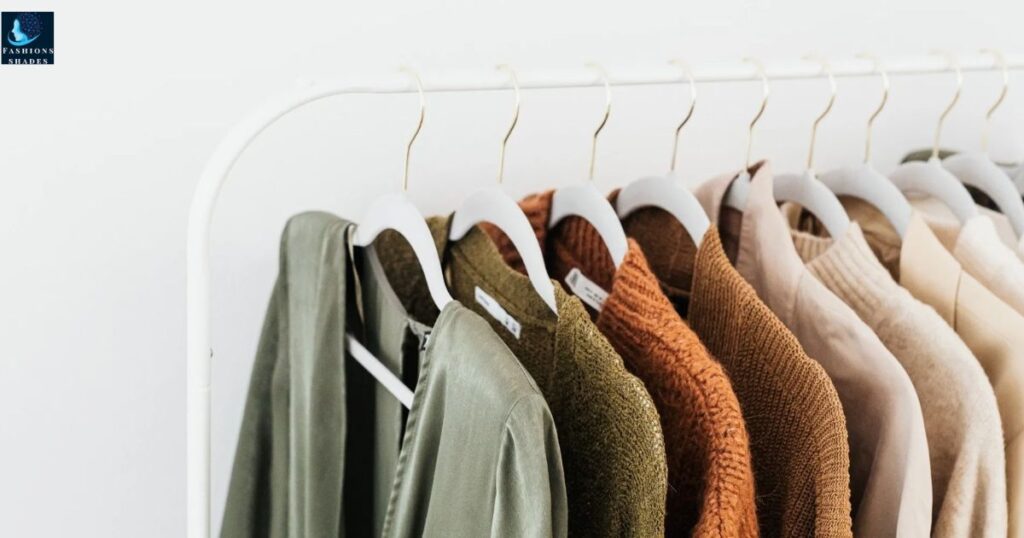
The ethical fashion industry grows exponentially. It creates numerous new job opportunities. Small ethical businesses thrive in niches. Large corporations adapt existing product lines. The ethical market expands globally very rapidly. Ethical fashion becomes increasingly economically viable.
Consumers willingly pay ethical production premiums. They highly value sustainable production methods. This drives significant innovation and investment. The economy shifts decidedly towards sustainability. Governments offer attractive incentives for compliance. Ethical fashion gradually becomes the norm.
Read this Blog: What to Wear: Bike Riding Outfits for Every Occasion
Navigating Fashion Ethics in a Modern World
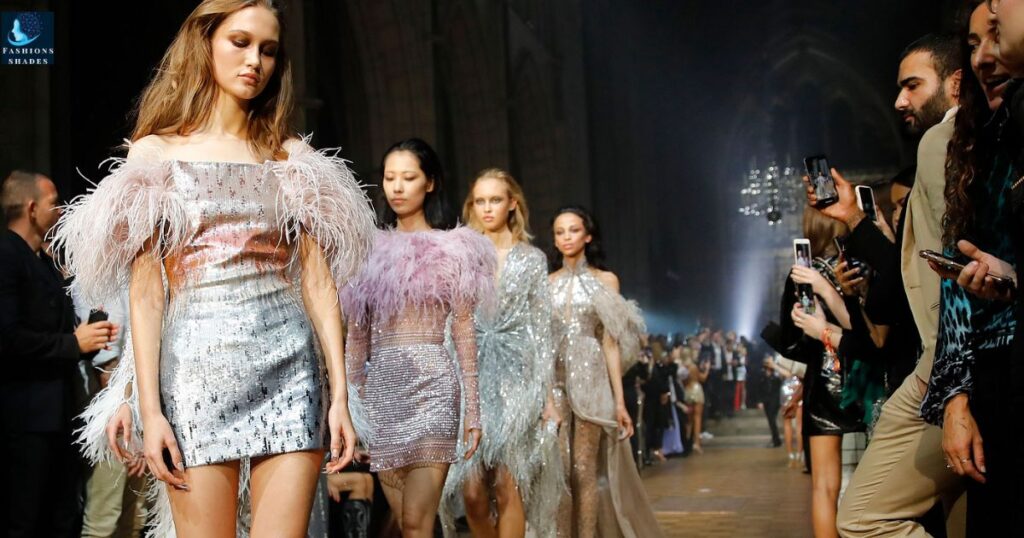
Innovative apps help consumers make choices. They scan barcodes for detailed information. Ethical ratings guide complex purchasing decisions. Consumers understand intricate supply chain processes. They make truly informed choices easily. Technology significantly simplifies overall ethical shopping.
Rental services offer premium ethical options. Consumers access high-end sustainable fashion easily. This significantly reduces overall clothing consumption. Circular fashion models gain widespread popularity. Brands offer comprehensive repair and recycling. Clothing lifecycles extend considerably as result.
The Global Movement Against Animal-Based Clothing

International treaties increasingly ban fur farming. Countries implement strict product labeling laws. Wildlife protection becomes a global priority. Global sentiment shifts dramatically against exploitation. Consumers universally reject animal-based clothing products. The movement gains substantial legal backing.
Innovative alternatives to wool gain traction. Organic cotton successfully replaces merino wool. Tencel effectively mimics silk’s luxurious properties. These innovations actively protect animal welfare. They also significantly reduce environmental impact. Consumers enthusiastically embrace these compassionate alternatives.
Frequently Asked Questions
What exactly is vegan clothing?
Vegan clothing uses no animal-derived materials. It includes plant-based and synthetic alternatives.
Is vegan leather as durable as animal leather?
Modern vegan leathers are highly durable. Many perform comparably to animal leather.
Are ethical fashion items always more expensive?
Initially yes, but prices are decreasing. Increased demand drives production efficiencies.
How can I identify truly ethical clothing brands?
Look for certifications and transparency. Research brand values and production practices.
Can ethical and sustainable fashion be stylish?
Absolutely! Many designers focus on combining ethics and style successfully.
Final Words
Ethical fashion revolutionizes the entire industry. It effectively challenges long-standing harmful practices. Consumers actively drive this positive change. They consistently demand better from fashion brands. The future of fashion looks increasingly ethical. It successfully balances style with ethics.
As awareness grows, so does demand. The question isn’t whether to change. It’s how quickly we can adapt. The fashion revolution is definitely here. It’s ethical, sustainable, and incredibly stylish. Embrace it wholeheartedly starting today.
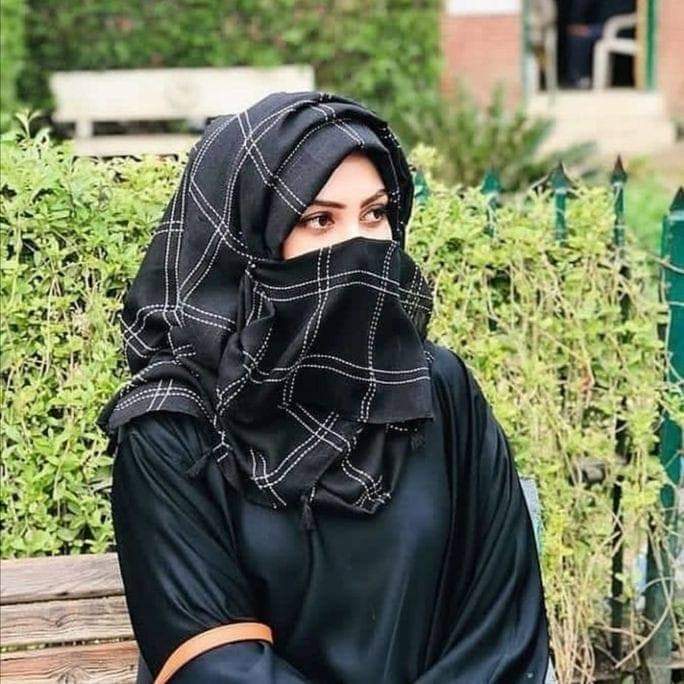
Hayyat is an experienced content writer and digital marketer, skilled in creating SEO-friendly content that resonates with audiences. She helps brands enhance their online presence through targeted campaigns, with expertise in blog writing, social media management, email marketing, and SEO optimization.

